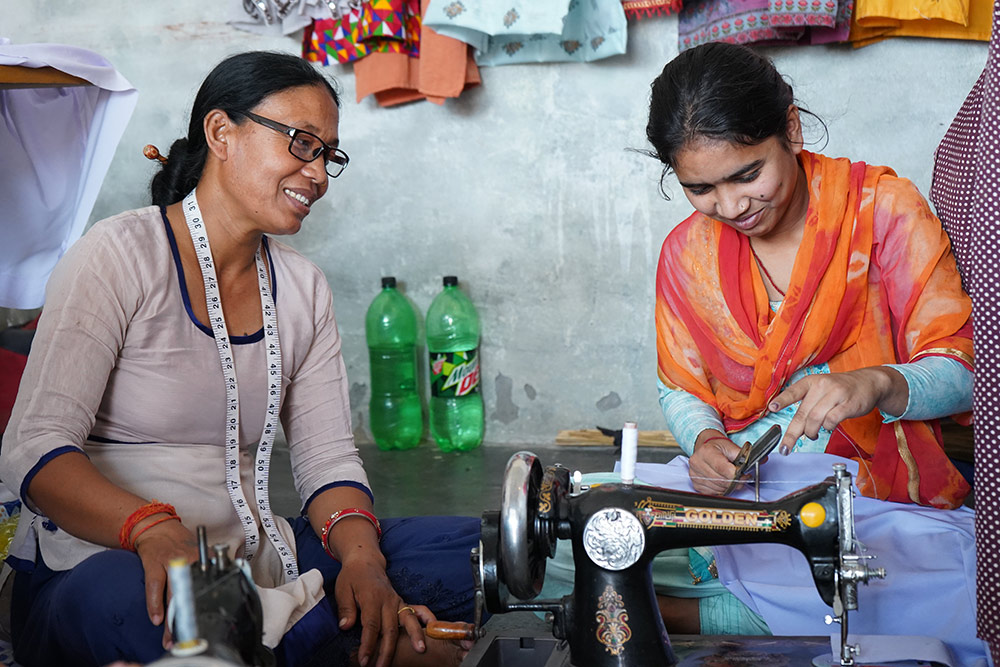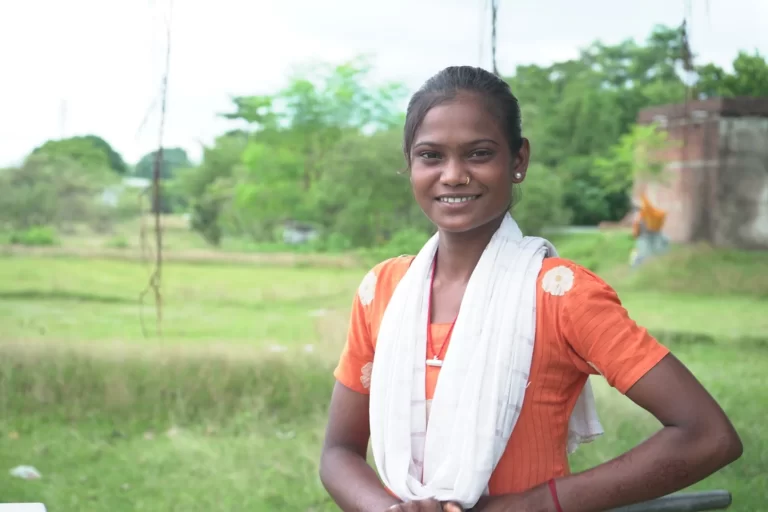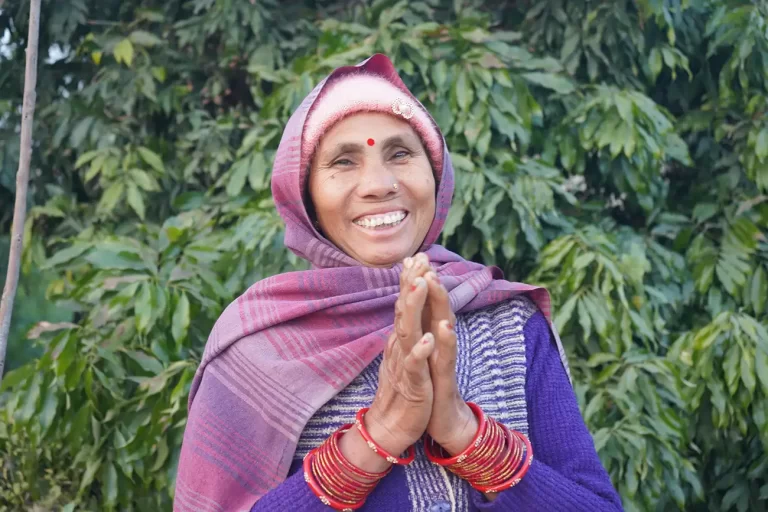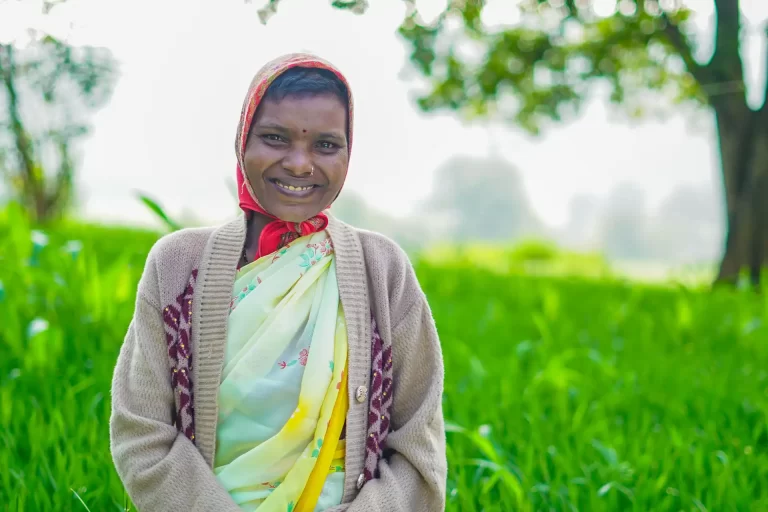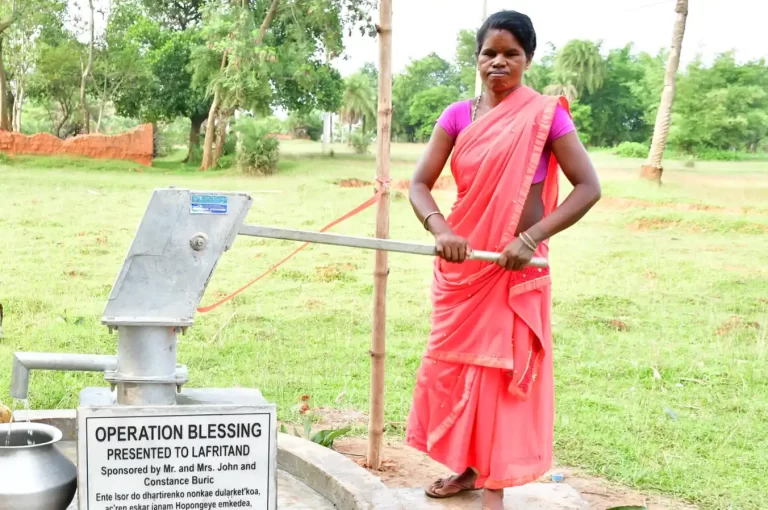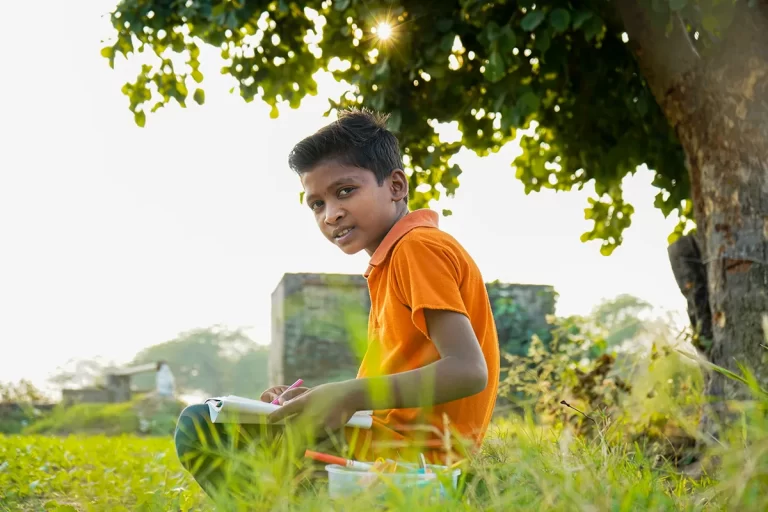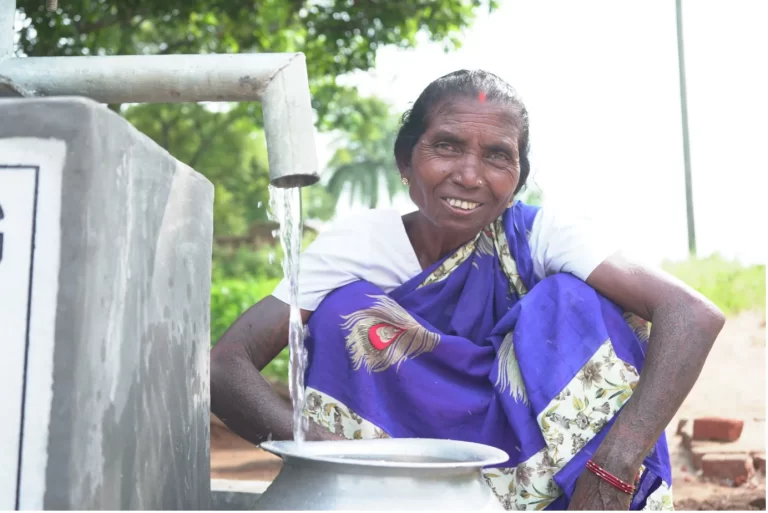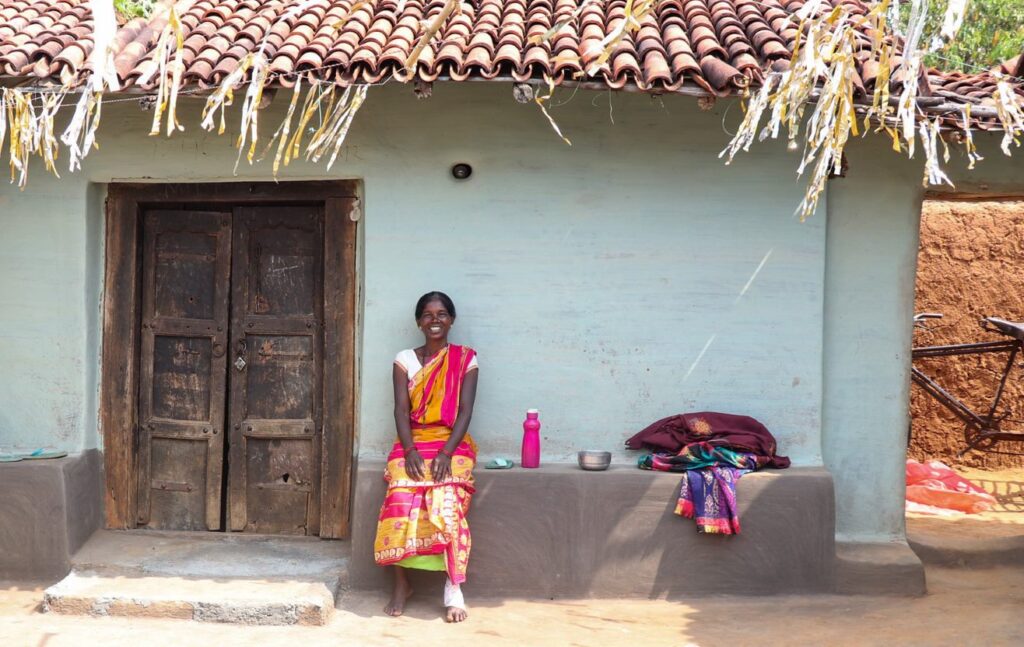KHATIMA, UTTARAKHAND – Meet Inglesh Rana, a 36-year-old businesswoman who chose to pay forward the support she received. Inglesh grew up in extreme poverty and was forced to leave school after Grade 10 because her family could no longer afford her education. She turned to her passion of tailoring and decided to learn from a government centre.
Inglesh has been a part of Operation Blessing’s Self-Help Groups for many years. Because of YOUR generosity she was able to secure a loam of Rs 30,000 to buy a sewing machine. YOU helped her elevate her dream and kickstart her tailoring business.
A CHAIN OF KINDNESS
While Inglesh has a successful business today and is proud to be an independent woman, supporting her family financially, she chooses to extend her knowledge to women who need to earn a living. YOUR support to one woman started a ripple effect of kindness and empowerment! Through her two boutiques, Inglesh trains young girls and women to become self-reliant and successful as well!
“Girls who are trained by me are getting work in nearby cities and they support their families. It makes me feel proud that I am helping these girls become entrepreneurs like me,” said Inglesh, with a smile on her face.
